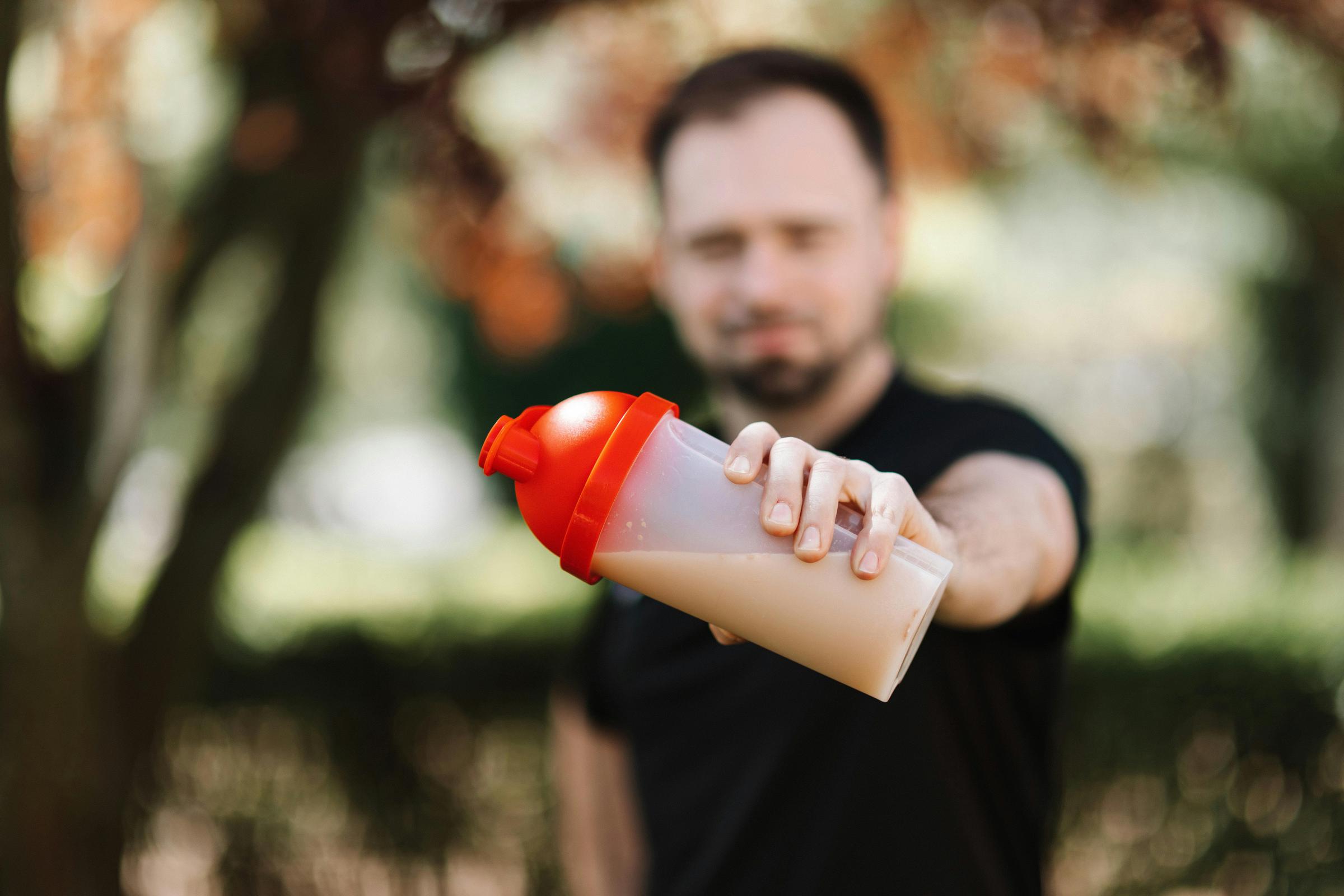
Cutting-Edge Nutrition Tactics Maximize Competitive Performance
Success in competition depends on more than just hard work in training sessions; it calls for a thoughtful approach to what you eat each day. With the right nutrition, meals become tools that support your focus, build your strength, and help your body recover after intense effort. Choosing foods that nourish you can create a real difference in how you perform, both mentally and physically. Small changes in your daily meals may offer unexpected benefits and can help you find that extra edge during crucial moments. Exploring new meal ideas might be the key to reaching your full potential in any competitive setting.
Picture fueling your body with precise, science-supported ingredients that work together with your exercise routine. A mix of well-timed nutrients, carefully planned meals, and cutting-edge supplements helps you stay ahead in a competitive environment where peak performance is essential.
The Evolution of Sports Nutrition
The field of sports nutrition has moved from simple meal plans to complex routines that use real-time data and tailored needs. Changes happen quickly, as research keeps revealing new insights about nutrient absorption, recovery cycles, and muscle rebuilding. Modern athletes use scientific methods to create diets that support intense training while reducing downtime from injury or fatigue.
Today’s nutrition plans go beyond counting calories. They include knowledge about food quality, nutrient timing, hydration, and even mental resilience through dietary choices. This progress offers a clear roadmap for those seeking optimal performance, emphasizing the importance of targeting meals not just for energy but also for quick regeneration and greater endurance.
Key Macronutrients for Peak Performance
A balanced diet focuses on macronutrients that provide energy and aid recovery. Each macronutrient plays a crucial role in maintaining stamina and repairing muscles. Understanding these nutrients helps you create meals that meet immediate energy needs and support long-term training goals.
Consider these essential macronutrients and their benefits:
- Carbohydrates: They act as the main energy source, keeping the body fueled during intense workouts. Fast-acting carbs are vital for moments requiring quick efforts.
- Proteins: Necessary for muscle repair and growth, proteins help recover muscles after strenuous activity. They reduce recovery times and help build lean muscle mass.
- Fats: Often misunderstood, fats provide sustained energy during longer training sessions and aid in the absorption of important vitamins. Healthy fats stabilize energy levels and support overall bodily functions.
Incorporating these macronutrients into your meal plan with balanced portions ensures your performance stays sharp. Adjust these nutrients according to your training cycles to keep your body aligned with practice and competition demands.
Balancing these components not only builds strength but also reduces muscle fatigue, setting you up for success during high-intensity routines.
Advanced Supplementation Strategies
Today’s science offers an exciting range of supplements designed to complement natural food sources. Instead of a one-size-fits-all approach, targeted supplements fill nutritional gaps, speed up recovery, and improve your response under pressure. They turn a regular diet into a finely tuned performance booster.
Using advanced supplementation techniques involves understanding which nutrients need extra support. This might include antioxidants to lower oxidative stress, amino acids for muscle recovery, or specialized formulas that speed up nutrient absorption. Supplements like *ElectrolytePlus* or *ProteinX* have gained attention for their accuracy in addressing specific performance needs.
Nutrition Timing and Meal Planning
Getting the timing right is just as important as choosing the right foods. Coordinating meals with training keeps energy levels steady and speeds recovery when you need it most. Fine-tuning your meal schedule can prevent energy dips during critical moments of physical exertion.
Follow these steps to plan meals effectively:
- Start your day with a balanced breakfast containing a mix of carbs, proteins, and healthy fats to kick-start your metabolism.
- Plan light, nutrient-dense snacks between workouts to sustain energy without weighing you down.
- Enjoy a hearty, well-portioned post-workout meal; include both quick and slow-digesting carbohydrates along with proteins to support muscle recovery.
- Maintain hydration by eating water-rich foods and drinking fluids throughout the day to keep your fluid levels balanced.
Designing your eating schedule around workout times improves nutrient absorption and maintains continuous energy. When you match your meals with your training cycles, you enhance digestion and increase overall energy levels.
This straightforward, practical plan shows that good nutrition works hand in hand with peak physical performance, turning smart meal planning into a real competitive edge.
Emerging Trends: From Personalization to Technology
Modern technologies help customize diets to fit individual needs. Wearable devices and smart apps track nutrient intake and adjust meal plans instantly. This personalization enables you to analyze data, recognize patterns, and fine-tune your diet based on how your body responds.
From gene-based diets to real-time nutrient tracking, the combination of science and technology provides more control than ever. New methods help identify the nutrients you might need at different points in your training cycle, leading to a more informed and proactive feeding routine. This tech-driven approach makes nutrition a lively, integral part of your overall performance plan.
Nutrition now involves the interplay of food choices, timing, and technology. Experiment, monitor your body's response, and adjust your habits to optimize your performance.